Snoopy & Woodstock by Peanuts. get it now.
Woodstock is a fictional character in Charles M. Schulz's comic strip Peanuts. Snoopy began befriending birds in the early 1960s, when they started using his doghouse for various purposes: a rest stop during migrations, a nesting site, or a place to play cards. None of these birds were ever given names, or even used speech balloons, they simply looked at Snoopy and he understood them. The first bird that bore a prototypical resemblance to Woodstock visited Snoopy in 1967, and this is generally considered his debut, though Schulz didn't give him a name and establish him as a full-fledged character until June 22, 1970. Schulz acknowledged in several print and TV interviews in the mid-1970s that he took Woodstock's name from the rock festival.

Woodstock quickly became Snoopy's best friend. The only non-avian character who can understand Woodstock's language is Snoopy. This is because his speech is rendered entirely in "chicken scratch" marks; Snoopy usually ends up translating them for the benefit of the reader. There are exceptions to this however, such as an "X" appearing in the talk bubble to represent No, and Woodstock does make verbal noises such as yawns, laughter, and sleeping noises like "Z"s or snores. In the movies and TV specials, the chicken scratches are rendered audibly as a staccato series of Scat singing by Snoopy's voice actor, Bill Melendez. Woodstock often works as Snoopy's secretary (most notably when the latter was appointed "Head Beagle"), and caddies for him when he plays golf (usually with some difficulty). Woodstock also plays American football with Snoopy, usually attempting to catch the ball but, due to his size, he is simply hit by it; sometimes getting embedded into the ground a short distance.

Snoopy and Woodstock
Woodstock is a fictional character in Charles M. Schulz's comic strip Peanuts. Snoopy began befriending birds in the early 1960s, when they started using his doghouse for various purposes: a rest stop during migrations, a nesting site, or a place to play cards. None of these birds were ever given names, or even used speech balloons, they simply looked at Snoopy and he understood them. The first bird that bore a prototypical resemblance to Woodstock visited Snoopy in 1967, and this is generally considered his debut, though Schulz didn't give him a name and establish him as a full-fledged character until June 22, 1970. Schulz acknowledged in several print and TV interviews in the mid-1970s that he took Woodstock's name from the rock festival.

Snoopy and Woodstock
Snoopy and Woodstock met when a mother bird built a nest on Snoopy's stomach. There were two birds in it, and the mom never came back. Snoopy, one day, got fed up with the two birds, and threw them into the world. Snoopy's first thought was that he was glad to be unburdened of the responsibility, yet later he appears to soften, thinking "here comes Woodstock, flying in his usual topsy-turvy way".Woodstock quickly became Snoopy's best friend. The only non-avian character who can understand Woodstock's language is Snoopy. This is because his speech is rendered entirely in "chicken scratch" marks; Snoopy usually ends up translating them for the benefit of the reader. There are exceptions to this however, such as an "X" appearing in the talk bubble to represent No, and Woodstock does make verbal noises such as yawns, laughter, and sleeping noises like "Z"s or snores. In the movies and TV specials, the chicken scratches are rendered audibly as a staccato series of Scat singing by Snoopy's voice actor, Bill Melendez. Woodstock often works as Snoopy's secretary (most notably when the latter was appointed "Head Beagle"), and caddies for him when he plays golf (usually with some difficulty). Woodstock also plays American football with Snoopy, usually attempting to catch the ball but, due to his size, he is simply hit by it; sometimes getting embedded into the ground a short distance.

Snoopy and Woodstock


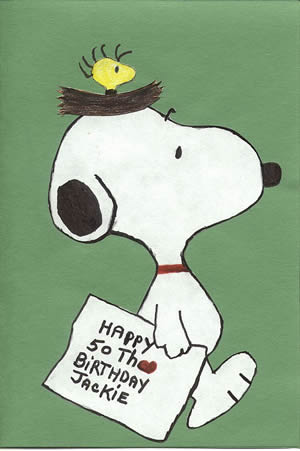









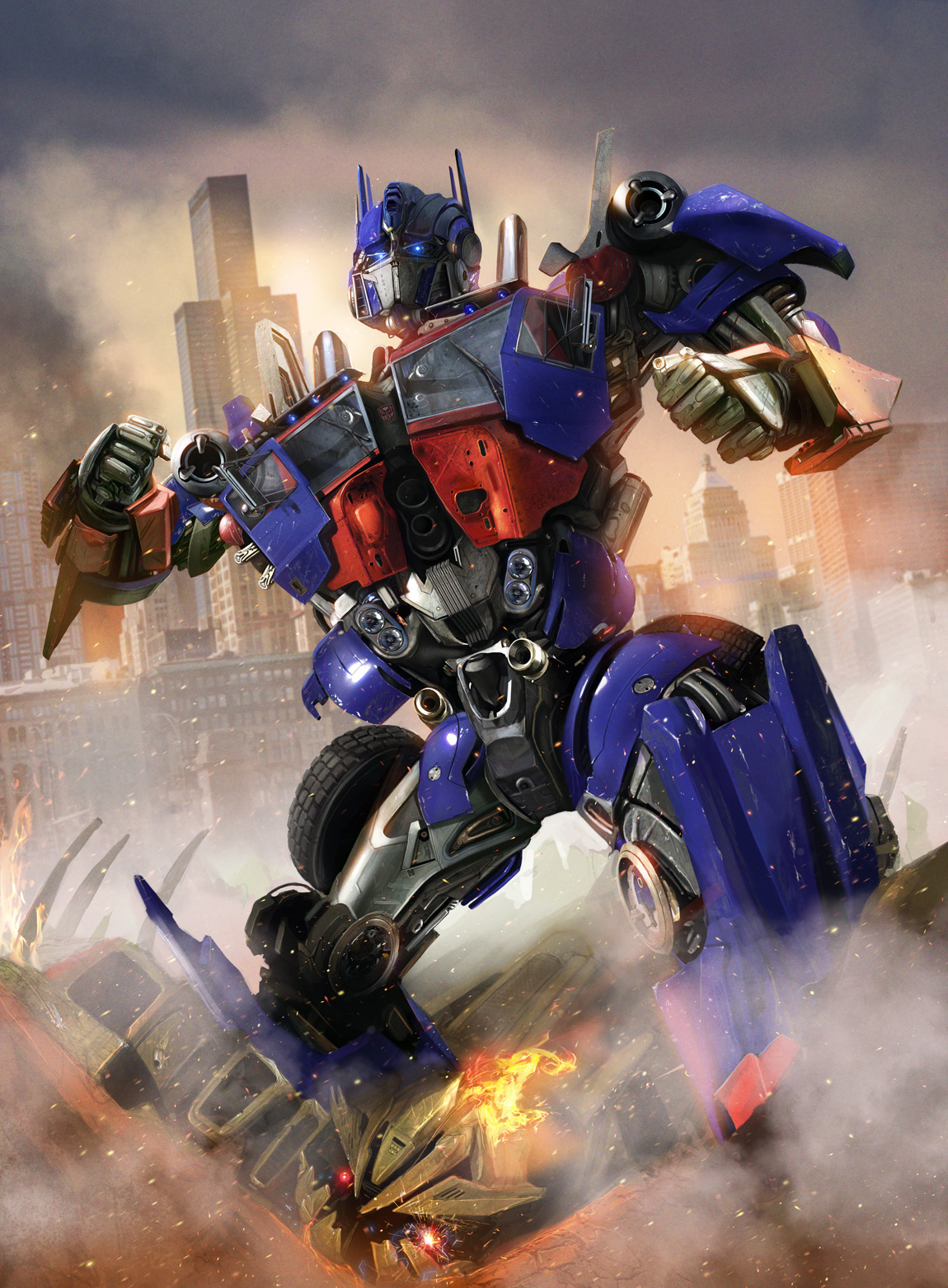




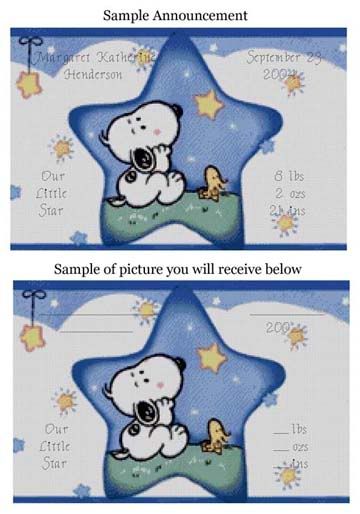



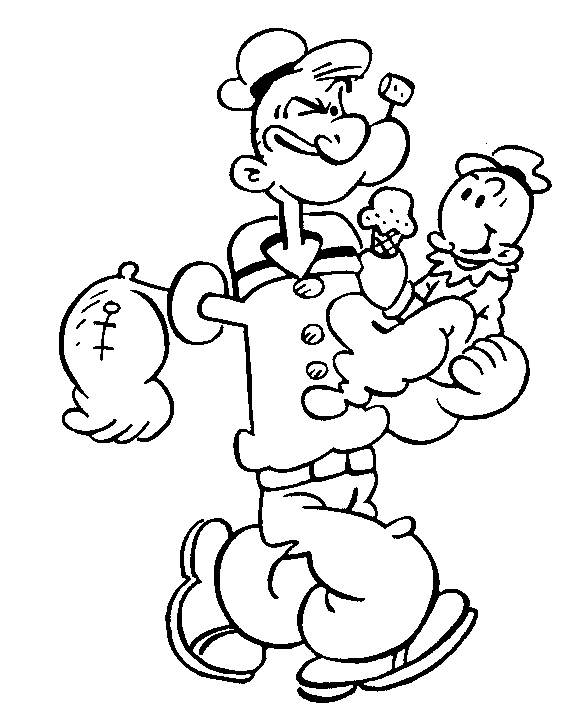



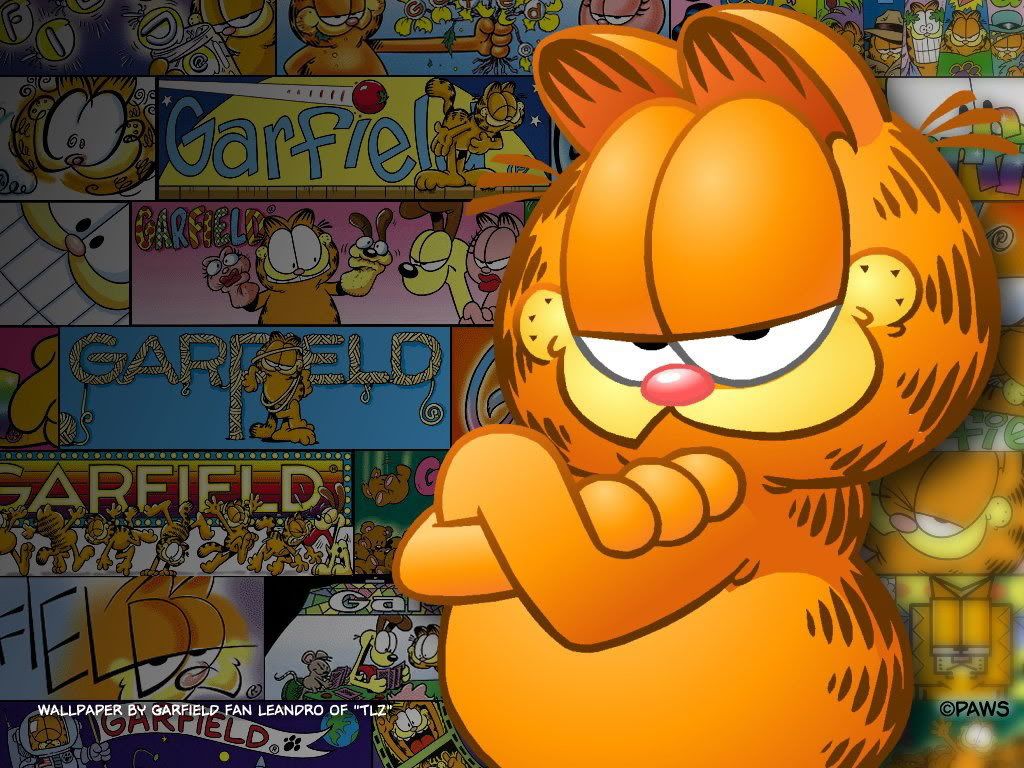
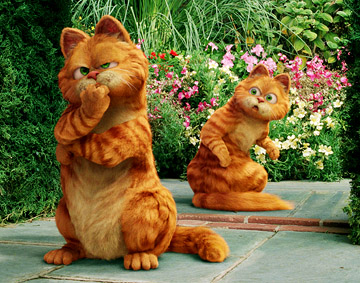
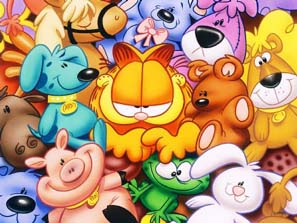

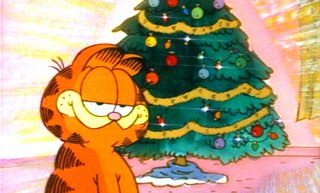







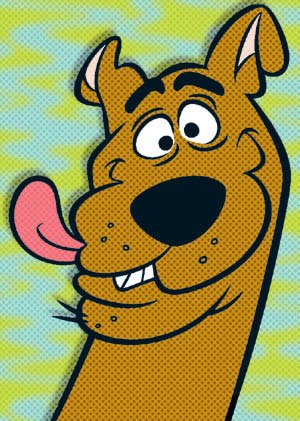
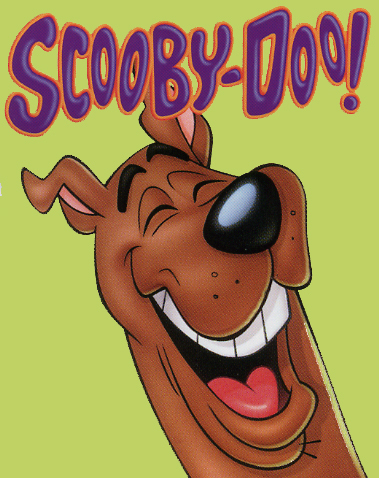

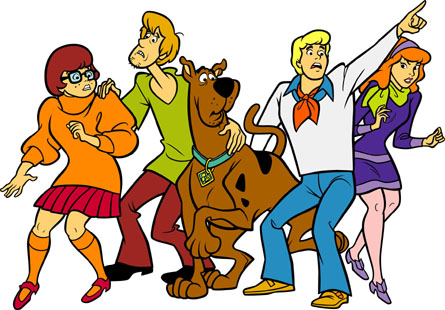

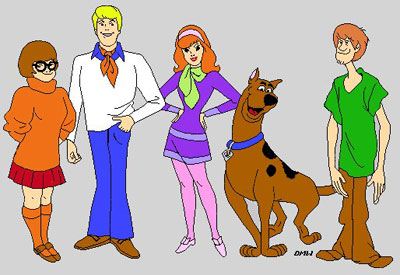 Scooby Doo
Scooby Doo




